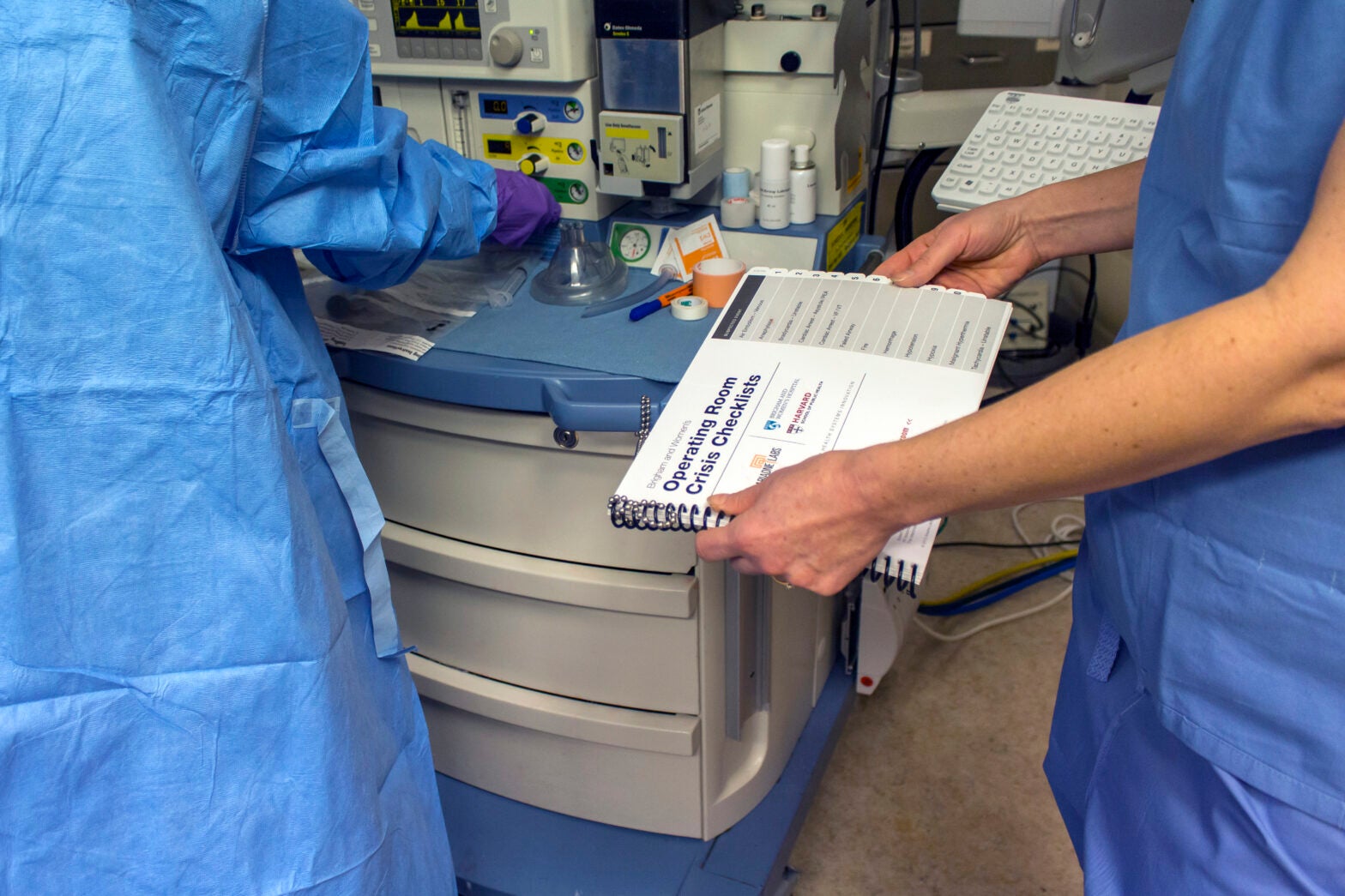The Emergency Manuals Implementation Collaborative (EMIC), founded by Ariadne Labs and Stanford University, is pleased to announce a new collaboration with the Anesthesia Patient Safety Foundation (APSF) that will provide funding to continue to share resources to support patient safety in surgery.
The APSF was launched in late 1985 as an independent, nonprofit corporation with the vision that “that no patient shall be harmed by anesthesia.” In 2022 APSF identified a list of top priorities to improve patient safety throughout surgery and recovery and recognized that emergency manuals play an important role in addressing these priority areas, including building a culture of safety, improving teamwork, and preventing clinical deterioration in patients following surgery. Through this collaboration, APSF will support dissemination of these tools and best practices for effective implementation and use. The collaboration also builds on momentum from the 2015 APSF Experts’ Workshop, during which attendees concluded that “APSF should take a leading role in promoting [Emergency Manuals].”
“We are thrilled to join forces with APSF to make emergency manuals available to surgical teams around the world,” said Alex Hannenberg, MD, Faculty for the Ariadne Labs Safe Surgery/Safe Systems Program. “With APSF’s pre-eminent role in improving patient safety in anesthesia, and EMIC’s network of individuals committed to making these tools widely available, there is a significant opportunity to spread tools that will make surgery safer for patients everywhere.”
Emergencies in the operating room require that surgical teams act quickly and effectively to ensure patient safety. Cognitive aids and emergency manuals have been shown to help clinicians respond effectively in these situations, especially in uncommon, high risk events; however, to be effective, the tools need to be accessible.
EMIC was founded in 2013 to foster adoption of emergency manuals and cognitive aids. Since that time, the Collaborative has grown to include more than 600 members and has launched an online repository of manuals and cognitive aids for surgical emergencies. The resources, many of which are freely available, cover a range of topics including safe anesthesia practices, managing emergencies during labor and delivery, and responding to crisis in the operating room.
With new funding from APSF, EMIC will be well-positioned to continue to make emergency manuals and cognitive aids easily accessible to surgical teams everywhere.



